TOJ PHILOSOPHY
Japan’s largest road cycling stage race.
Event Vision: TOJ NEW GENERATION
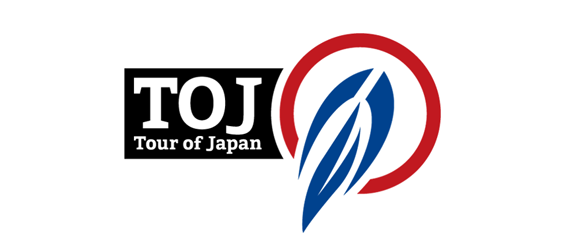
Tour of Japan 2026 Official Website
Tour of Japan 2026 Press Accreditation
The Tour of Japan is a UCI-sanctioned international road cycling stage race and Japan’s largest event of its kind. It carries on the legacy of the “International Cycle Road Race,” which was held 14 times from 1982 to 1995. In 1996, when it was recognized as a UCI stage race, the event was renamed the “Tour of Japan”.
TOJ is one of Japan’s leading cycling events. It helps energize host communities and contributes to the development of road racing in Japan. It is also the only stage race in the country that spans multiple prefectures, and its scale is considerable even when compared with major events across other sports.
TOJ is committed to discovering and developing cyclists. For riders aiming to compete on the world stage, participation in TOJ is an important step forward. Over the course of a single event, competitors can experience eight diverse international races—making TOJ a true gateway to becoming a professional. It offers a rare opportunity to race against top young talent from around the world while staying in Japan. Set against Japan’s beautiful and timeless landscapes, world-class young riders deliver high-level competition, making TOJ one of Asia’s premier international road cycling races.
Beyond racing, TOJ also hosts seminars and workshops at each venue, where participating riders visit local elementary schools and community facilities to teach spectators how to watch road racing and to share guidance on safe cycling. The event actively promotes community partnerships and cultural exchange through cycling, and is embraced as a familiar, accessible event by people in each host region.
TOJ is more than a road race—it is a social event that contributes to regional revitalization and the development of the next generation. We will continue striving to be a race loved by many for years to come.
TOJ NEW GENERATION
TOJ has set a new long-term vision and will pursue two key initiatives: the TOJ Regional Revitalization Project, designed to enhance the benefits for host communities, and TOJ NEW GENERATION, which supports the discovery and development of next-generation talent.
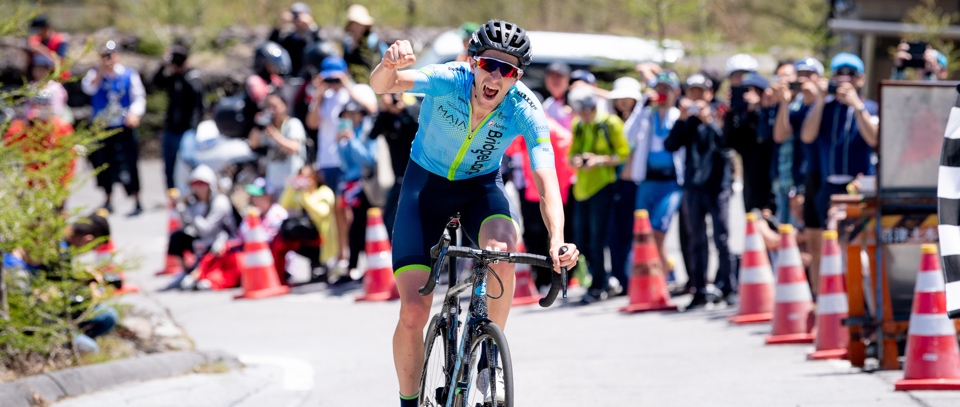
TOJ Regional Revitalization Project
As a tool for community revitalization, TOJ will continue initiatives that leverage road cycling to build a regionally driven economic model and further enhance the benefits for host communities.
Road cycling is one of the most efficient sports formats for promoting tourism assets. By its very nature, it does not require large-scale venues or purpose-built facilities, and it can turn existing landscapes—such as scenic and cultural destinations—directly into the field of play. For this reason, road cycling races are widely used around the world as powerful tourism and place-branding platforms.
In Japan as well, forward-looking municipalities have responded quickly to this trend, and an increasing number of regions are gradually choosing to host road cycling events.
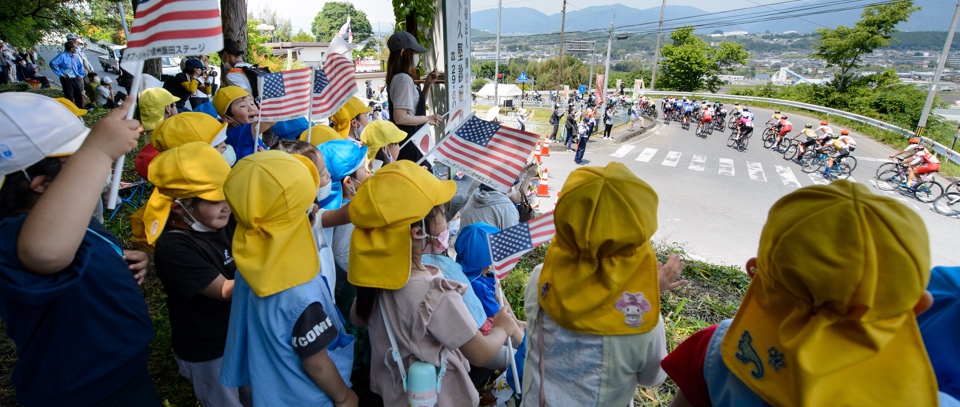
TOJ New Generation
Through TOJ NEW GENERATION—where young riders from around the world come together, local youth are inspired, and communities are energized—we will bring a fresh momentum to each host region.
The sight of young people gathering from across the globe to pursue their dreams, racing one another, and striving to discover a new version of themselves amid Japan’s timeless landscapes is, in itself, a symbol of a “NEW GENERATION”-style sporting event.
Through TOJ, we will share the beauty of the real Japan with audiences worldwide. Young people with dreams will become hubs of connection, expanding exchange and interaction in many forms and increasing the flow of people into and through the host communities.
The next generation will shape the future of Japan. TOJ will contribute to the growth of both people and cities.
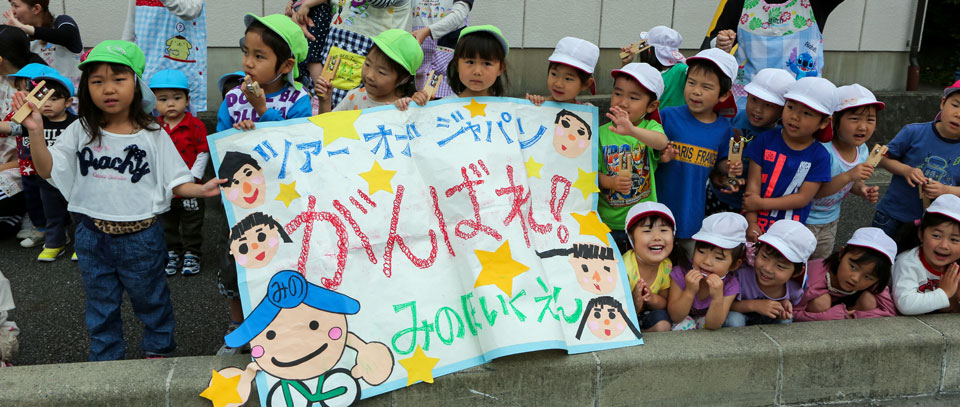
Proposing and Delivering Direct and Indirect Benefits for Host Communities
By fully leveraging TOJ’s role as a community revitalization support initiative, we aim to develop a new, feasible, and sustainable business model for road cycling events. While each host community holds unique potential, it also faces its own set of challenges. TOJ will propose customized operational plans for each region and, while exploring compact and efficient event delivery, will strive to be an international sporting event that fits the scale of each community—one that is embraced and supported locally.
◆Direct Benefits for Host Communities
•Direct revenue during the event (economic impact generated by teams, race stakeholders, and spectators)
•Boosting sales of local specialty products
•Promotion of existing tourism assets
•Creation of new tourism resources (planning original cycling tours and related events outside the race period)
◆Indirect Benefits for Host Communities (Priceless!)
•Enhancing the region’s brand
•Strengthening local pride and community identity
•Energizing the community
•Creating local employment opportunities
•Engagement and interaction with children


Renewal of the Tour of Japan Logo.
We announce that the official event logo has been renewed for our 20th edition event.
“Basic Logo”
Tour of Japan has renewed its logo for our 20th edition event. The new logo inherits the “tradition” and “history” of the event and expresses the “passion” to continue the challenge as a race representing our country.By combining the icon symbolizing the rider, inherited from the previous logo, and the red circle expressing the “Hinomaru (Japanese Flag)” the new logo presents the characteristic of Tour of Japan racing through the various areas of Japan. At the same time the logo reveals our strong determination to lead the cycle road race in Japan for further expansion as the largest stage race event in the country.
Designer: 96/KuRo


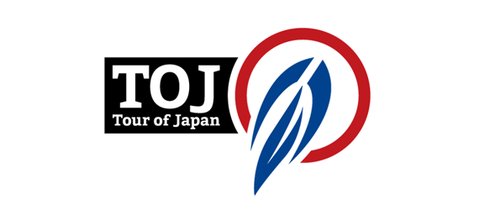

 ロードバイク 自転車 700C シマノ21段変速 補助ブレーキ搭載 前後キャリパーブレーキ スポーツバイク ブラック メーカー保証1年
ロードバイク 自転車 700C シマノ21段変速 補助ブレーキ搭載 前後キャリパーブレーキ スポーツバイク ブラック メーカー保証1年 アラフォーからのロードバイク 初心者以上マニア未満の<マル秘>自転車講座 (SB新書)
アラフォーからのロードバイク 初心者以上マニア未満の<マル秘>自転車講座 (SB新書) サイクルグローブ 夏用 指切り 手袋 サイクリング 自転車 ロードバイク グローブ 手袋 3D 立体 指切り 衝撃吸収パッド 通気性 滑り止め 伸縮性 通気性 男女兼用 夏用 サイクリンググローブ (ブラック)
サイクルグローブ 夏用 指切り 手袋 サイクリング 自転車 ロードバイク グローブ 手袋 3D 立体 指切り 衝撃吸収パッド 通気性 滑り止め 伸縮性 通気性 男女兼用 夏用 サイクリンググローブ (ブラック) Perfeclan 自転車玩具 1/10スケール ダイキャスト バイクモデル 自転車モデル 合金レーシング 全12カラー, 黒#1
Perfeclan 自転車玩具 1/10スケール ダイキャスト バイクモデル 自転車モデル 合金レーシング 全12カラー, 黒#1 アルテージ(ALTAGE) クロスバイク 自転車 26インチ メンズ スポーツバイク 通勤通学 街乗り 初心者向け シマノ製6段変速 スローピングフレーム 可変式ハンドル LEDライト 鍵 泥除け ACR-001 ホワイト
アルテージ(ALTAGE) クロスバイク 自転車 26インチ メンズ スポーツバイク 通勤通学 街乗り 初心者向け シマノ製6段変速 スローピングフレーム 可変式ハンドル LEDライト 鍵 泥除け ACR-001 ホワイト






































